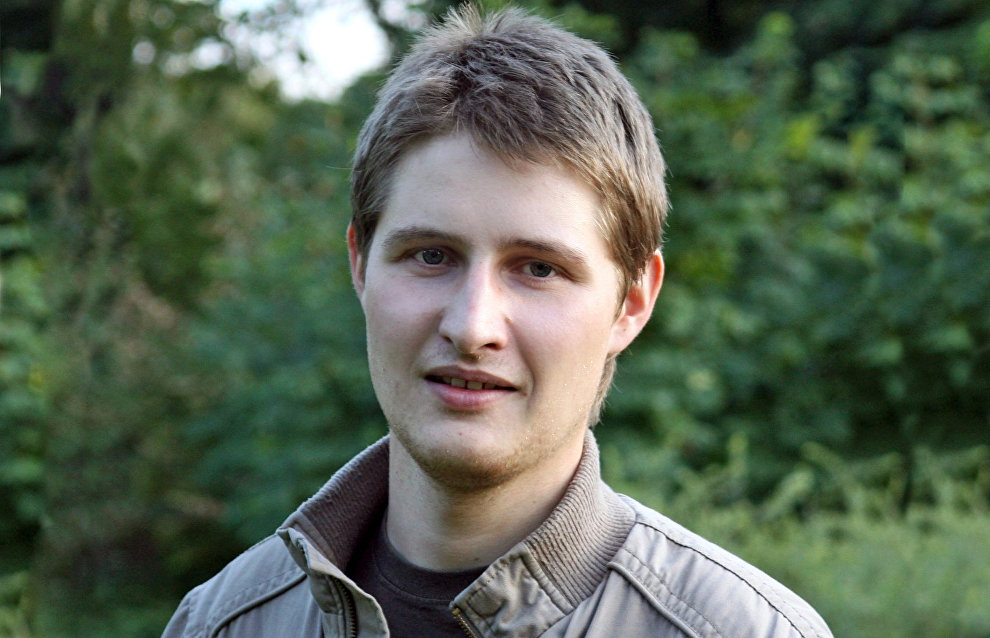Denis Doronin: Students display interest in exploring the Arctic
Denis, what are you planning to tell the conference?
I'll report on hydrological research in the Arctic, which is proceeding in parallel to a comprehensive geological, hydrological and geochemical survey on the Kara Sea shelf off the Yamal Peninsula, aimed at discovering hydrocarbon concentrations. My task was to identify anomalous changes in hydrological values, such as temperature, salinity and PH, which may point to mineralized water discharges related to hydrocarbon concentrations at the sedimentary section.
Please tell us about your Arctic expeditions.
I am an engineer at the VNIIOkeangeologia, a research institute, which focuses on the geology and mineral resources of the World Ocean. My first 30-day Arctic expedition was to the Kara Sea shelf in 2013 under a contract that our institute signed with the Ministry of Natural Resources and Environment. The primary goal was to make a comprehensive geological, hydrological and geochemical survey.
How was it?
It was absolutely fine, good weather. I joined the final leg. The expedition launched in 2012. The collected data is still being processed so it is still too early to speak about the results.
The second time we worked in the Kara See in 2013, under a contract with Rosneft Shelf Far East. Our institute conducted a comprehensive geochemical survey. We discovered petroleum hydrocarbon concentrations, as confirmed by a drilling experiment.
Do you think it is worthwhile to hold youth workshops like this one during next year's Open Arctic conference?
It certainly is. I'm a member of the young scientists council at my institute. From what I can see, students and specialists are interested in establishing contacts and communicating. What is lacking is organizational and information support. It's a good thing that we now have a group of activists bent on teaming-up and exchanging information.
Visiting other cities and meeting people give you a broader outlook. As a student, I asked many questions. Why is it this way or that way? Why should this be done? At conferences in St. Petersburg alone one had the impression that we engaged only in fundamental research and that its practical applications were limited. It often happens that identical or related problems are tackled by research teams in different parts of the country. Due to weak communication, someone is short of data and someone else has hit upon a solution [to the same problem]. Such workshops like this one help find soulmates, they have much potential for cooperation.
